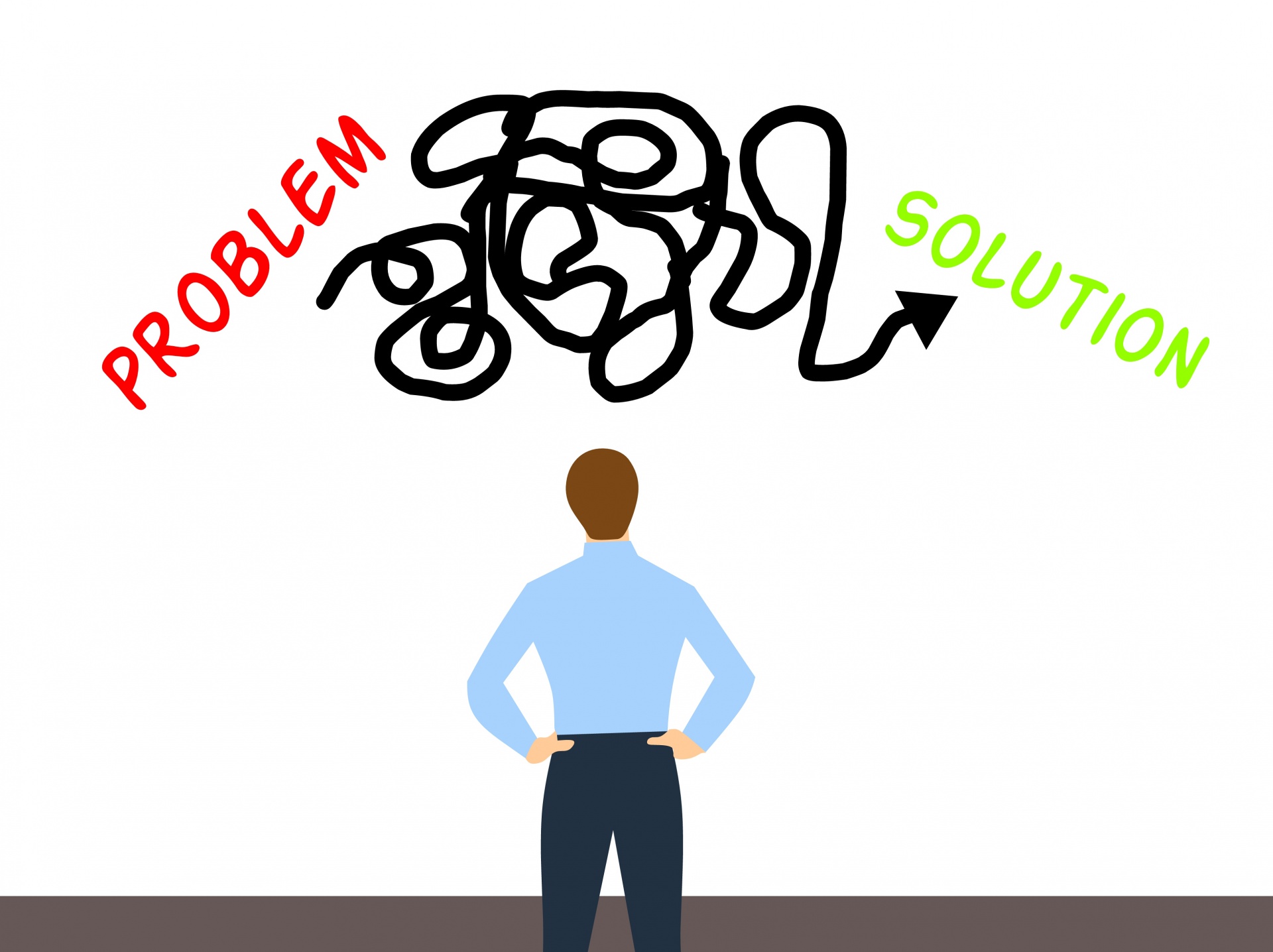How Problem Solving in Mathematics and Beyond Shapes Future Success
Problem solving in mathematics and beyond is not merely an academic exercise but a fundamental skill that underpins success across various domains. Whether in mathematics, science, engineering, or everyday life, the ability to effectively tackle challenges and devise solutions is paramount. In this article, we explore the importance of problem-solving skills, strategies to foster them, and their broader implications for personal and professional growth.
The Significance of Problem Solving in Mathematics and Beyond
At its core, mathematics is the science of problem solving. It involves analyzing situations, identifying patterns, and devising systematic approaches to reach solutions. However, the relevance of problem-solving skills extends far beyond the confines of mathematics classrooms. In fields such as science, technology, engineering, and economics, individuals encounter complex problems that demand analytical thinking and innovative solutions. Moreover, in daily life, from managing finances to navigating interpersonal relationships, effective problem-solving abilities are invaluable.
Fostering Problem-Solving Skills
Educators play a pivotal role in cultivating problem-solving skills among students. They can employ various strategies to nurture these abilities:
- Encouraging Critical Thinking: Pose open-ended questions and challenges that require students to think critically and analyze information. By fostering a habit of questioning and inquiry, educators empower students to approach problems with a discerning mindset.
- Promoting Creativity: Provide opportunities for students to explore multiple approaches to problem solving. Encourage divergent thinking and unconventional solutions, fostering creativity and innovation.
- Emphasizing Real-World Applications: Connect mathematical concepts to real-life scenarios to demonstrate their practical relevance. By contextualizing problems within familiar contexts, educators help students understand the utility of problem-solving skills beyond the classroom.
- Facilitating Collaboration: Promote collaborative problem solving, allowing students to exchange ideas, share perspectives, and learn from one another. Collaboration not only enhances problem-solving abilities but also fosters communication and teamwork skills.
- Teaching Problem-Solving Strategies: Introduce students to various problem-solving frameworks, such as decomposition, pattern recognition, and abstraction. Equipping students with systematic approaches empowers them to tackle challenges methodically.
Implications for Future Success
The development of problem-solving skills has far-reaching implications for individuals’ future success. Beyond academic achievement, proficient problem solvers are better equipped to navigate the complexities of the modern world. They exhibit resilience in the face of adversity, adaptability in rapidly changing environments, and creativity in generating innovative solutions.
In professional settings, problem-solving prowess is highly sought after by employers. Individuals who can effectively analyze problems, devise strategies, and implement solutions are invaluable assets to organizations. Moreover, in entrepreneurial endeavors, the ability to identify market needs and innovate solutions is a hallmark of success.
On a personal level, strong problem-solving skills contribute to emotional intelligence and well-being. Individuals who approach challenges with a positive mindset, viewing them as opportunities for growth rather than insurmountable obstacles, are better equipped to overcome setbacks and thrive in various aspects of life.
Conclusion
Problem solving in mathematics and beyond is a cornerstone of success in the modern world. By fostering critical thinking, creativity, and resilience, educators empower students to navigate challenges effectively and seize opportunities for growth. As individuals develop proficient problem-solving skills, they not only excel academically but also thrive personally and professionally, making meaningful contributions to society and shaping a brighter future.
